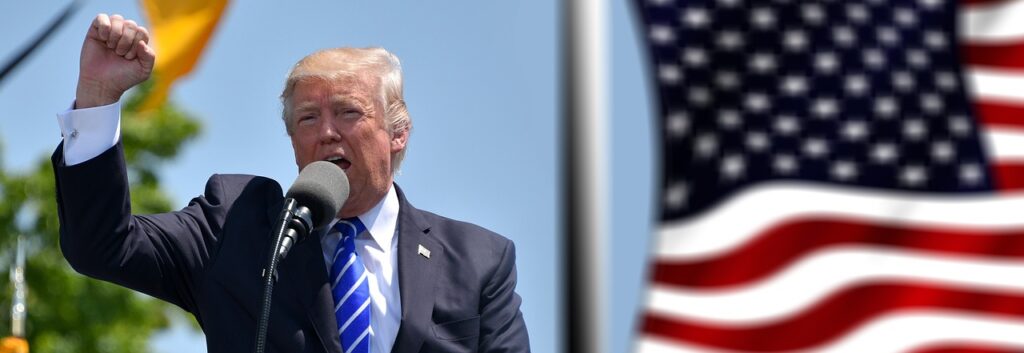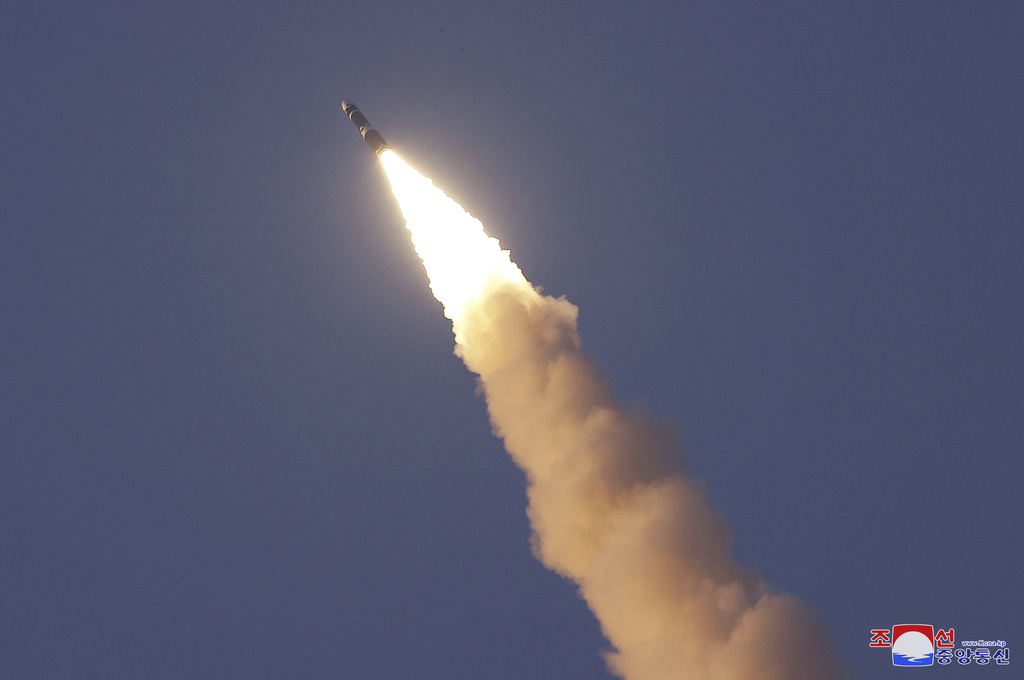In a major move shaking up global trade, former U.S. President Donald Trump has announced a dramatic increase in tariffs on Chinese goods — raising them up to 125%. At the same time, he is temporarily freezing new tariffs on other countries for 90 days.
Trump made the announcement during a campaign rally in Pennsylvania, saying this decision is meant to protect American workers and industries from what he calls “China’s economic cheating.”
“We’re not going to let China rob us blind anymore,” Trump told the crowd.
What Do the Tariffs Target?
The 125% tariff will hit key sectors like electric vehicles (EVs), steel, solar panels, batteries, and various tech parts imported from China. Trump claims this will push U.S. companies to manufacture more within the country.
However, economists warn this could make everyday items more expensive for Americans and start another trade war. Many fear it could raise inflation again, hurt small businesses, and make global supply chains more fragile.
A Pause for Other Nations
While tariffs on China are rising immediately, Trump has frozen tariff decisions for countries like Mexico, India, and Vietnam. His team says they need 90 days to review trade relationships with these nations.
Some analysts believe this delay is political — giving Trump room to decide who to pressure next, based on how other countries respond.
What the Experts Say
The reaction has been mixed. American labor unions and manufacturing advocates have praised the move, saying it will boost local jobs. But major trade groups and economists are sounding alarms.
According to the Wall Street Journal, some U.S. retailers and importers have already begun warning of higher prices. Meanwhile, China has not officially responded, though similar actions in the past led to strong retaliation.
“This could easily lead to another full-blown trade war,” said a senior researcher at the Brookings Institution. “Both economies would take a hit — especially if China fires back with its own tariffs.”
Political and Global Impact
This is clearly part of Trump’s 2024 campaign strategy. He’s focusing on voters in states that have lost manufacturing jobs and want to see tougher action against China.
While his supporters see this as a bold move, critics argue it’s dangerous and could isolate the U.S. at a time when international cooperation is already strained.
If China responds with its own trade barriers, it may hurt American farmers, tech firms, and manufacturers that rely on exports.
What Happens Next?
The 125% tariffs on China are expected to take effect within weeks. The 90-day freeze on other tariff decisions will expire in early July 2025.
Global markets, investors, and world governments will all be watching closely. The next few weeks may define how the global economy moves forward — or whether we’re headed for more economic conflict.



